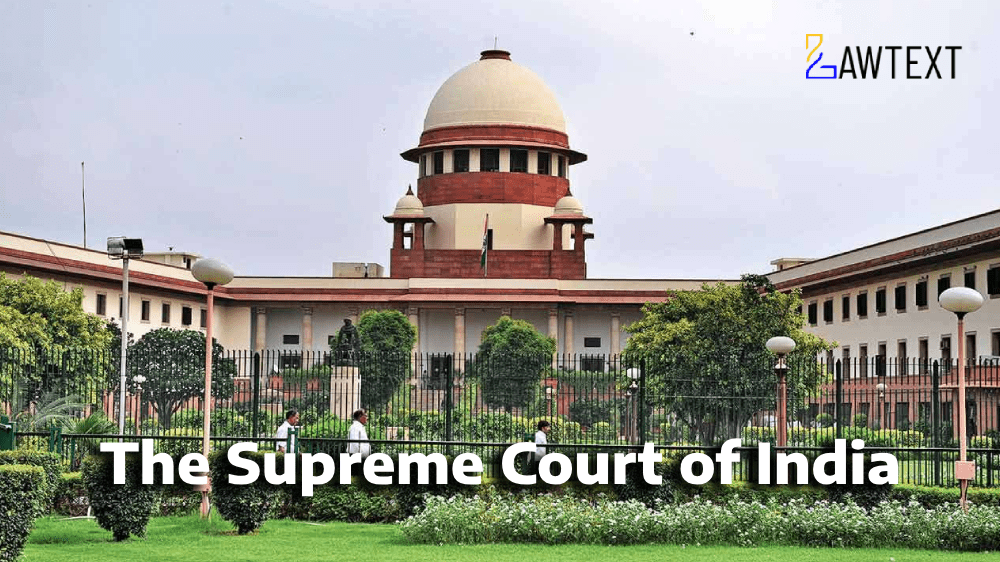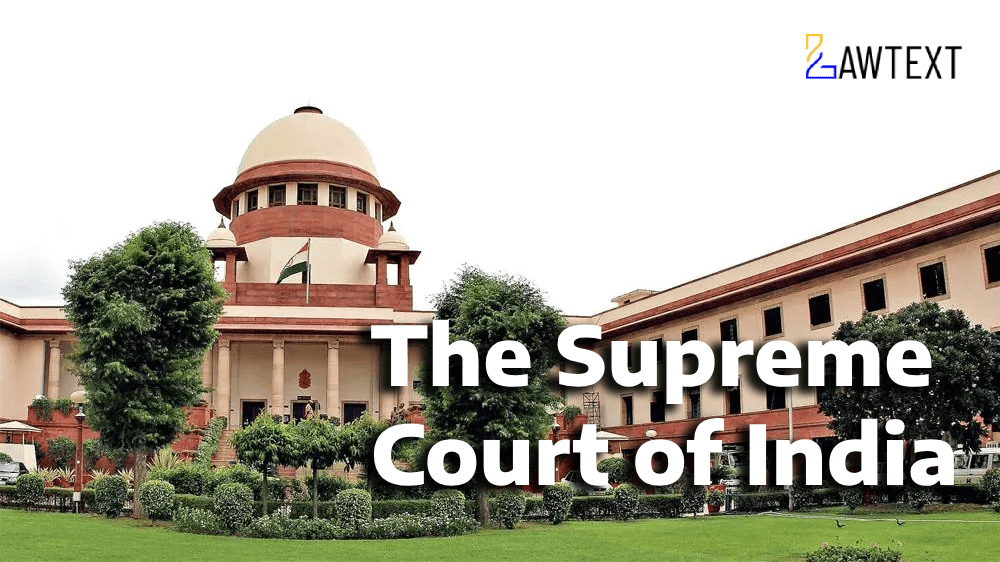Case Note & Summary
Case Background:
(Para 1-2): The respondent, along with four Air Force officers, was tried by a General Court Martial (GCM) on charges, including those under Sections 302 and 149 of IPC, for allegedly causing the death of signalman UD Garje after an altercation. Additional charges under the Air Force Act (AFA), 1950, were also included, concerning unbecoming conduct and actions prejudicial to public order. The GCM convicted the respondent under Section 304 Part II IPC, sentencing him to five years' imprisonment and cashiering, which the Chief of Air Staff later reduced to two years in civil prison, though cashiering was upheld.Incident Overview:
(Para 2-3): The deceased was assigned to repair the phone at the residence of one of the accused officers, during which he allegedly misbehaved with the officer's wife. Following instructions from his superior, the respondent had the deceased confined to the Guards' room. En route, the deceased jumped out of the gypsy vehicle, later sustaining fatal injuries after falling into a ditch.Tribunal's Findings:
(Para 4-6): The Tribunal observed a lack of direct evidence linking the respondent to acts intended to harm the deceased. Witness testimonies did not establish any physical assault by the officers on the deceased. The Tribunal also noted that no assault weapons were recovered and found no sufficient basis to infer intent to cause death.Prosecution's Evidence and Submissions:
(Para 7-8): Prosecution witnesses claimed that the respondent intended to place the deceased in confinement; however, their testimonies could not substantiate physical violence or an explicit act that directly caused the death. Medical evidence attributed death to a fall, with injuries consistent with hitting a blunt object (like a hard floor).Defense Submissions:
(Para 9-10): The defense highlighted the absence of evidence of assault and argued that the deceased's injuries were accidental, occurring due to a fall, with no corroborating evidence that he was confined by force. The respondent maintained that he only intended to verify the deceased's identity by taking him to the officer’s residence.Consideration of Evidence and Legal Interpretation:
(Para 11-12): The Tribunal emphasized that in acquittals, a presumption of innocence prevails. Since the evidence failed to conclusively link the respondent’s actions to a criminal intent or conduct under IPC or AFA sections, the acquittal was upheld. Acts and Sections DiscussedIndian Penal Code (IPC):
Section 302: Punishment for Murder. Section 304 Part II: Culpable Homicide not Amounting to Murder (part dealing with no intent to cause death but sufficient harm). Section 149: Every member of an unlawful assembly is guilty of the offense committed by any other member. Section 325: Punishment for voluntarily causing grievous hurt. Section 342: Punishment for wrongful confinement.Air Force Act (AFA), 1950:
Section 45: Unbecoming conduct. Section 65: Acts prejudicial to good order and discipline. Section 71: Provisions related to civil offenses. Ratio DecidendiThe ratio decidendi hinges on the principle that an order of acquittal increases the presumption of innocence and cannot be overturned solely on alternative interpretations of the same evidence. Here, the Tribunal found no direct evidence implicating the respondent in any action intending harm or wrongful confinement leading to the deceased’s death. With no assault proven or established intent to cause fatal harm, the acquittal on IPC and AFA charges was justified.
Subjects:Criminal Law, Armed Forces LawGeneral Court Martial, Wrongful Confinement, Acquittal, Presumption of Innocence, Criminal Appeal, Air Force Act, Culpable Homicide
Issue of Consideration: Union of India & Ors. Versus Wing Commander M.S. Mander
Premium Content
The Issue of Consideration is only available to subscribed members.
Subscribe Now to access critical case issues





